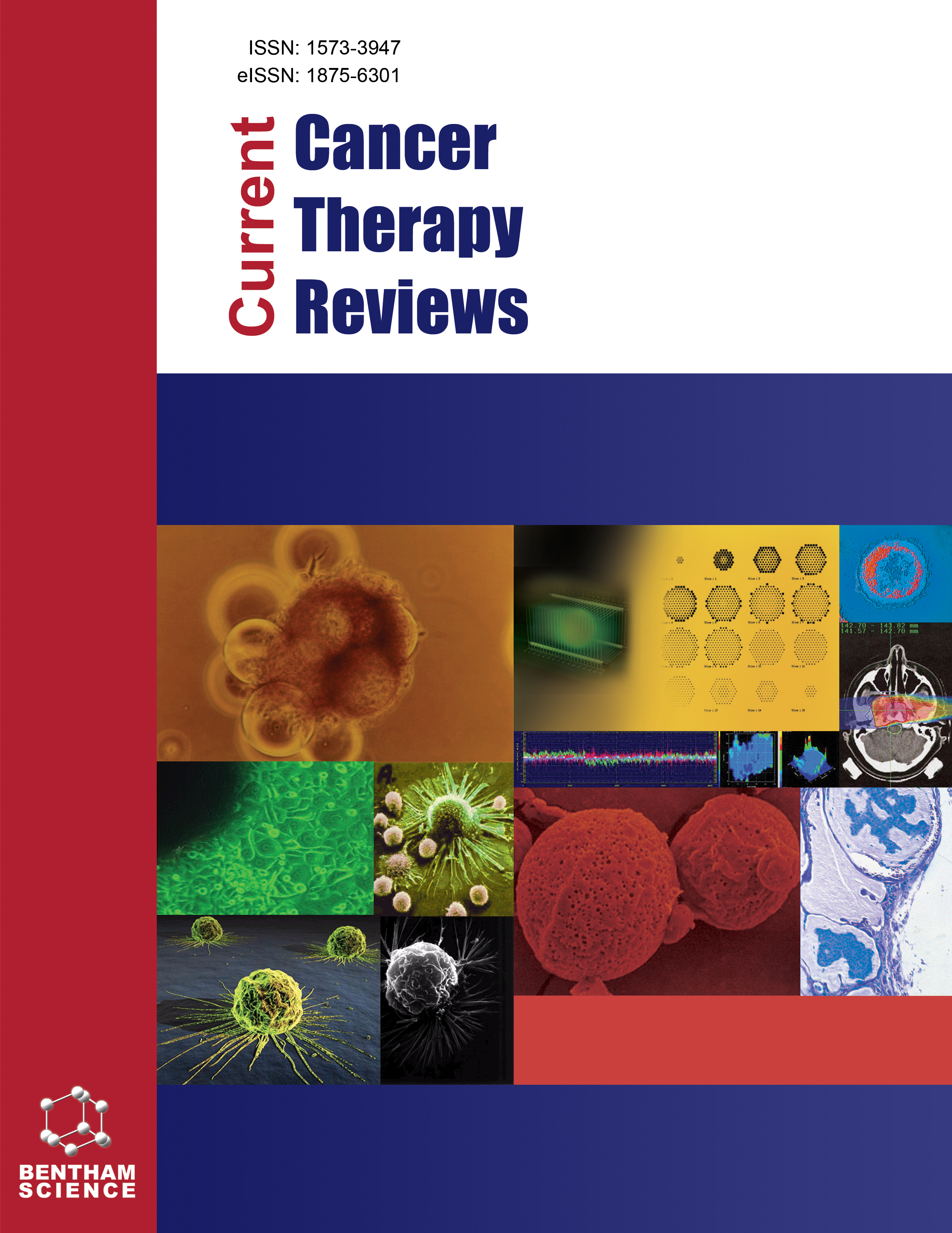
Full text loading...
Colorectal cancer (CRC) is a commonly diagnosed cancer responsible for numerous deaths worldwide. In recent decades, technological advances implicated in considering the molecular pathways underlying CRC pathogenesis. Several investigations have identified various mechanisms involved in CRC and have paved the way for new therapeutics and early diagnosis. Gut microbiome play a crucial role in intestinal inflammation and can be associated with colitis colorectal cancer. In this review, we narrated the role of the microbiome population and their metabolome profile as a new screening method for early detection of CRC.

Article metrics loading...

Full text loading...
References


Data & Media loading...

